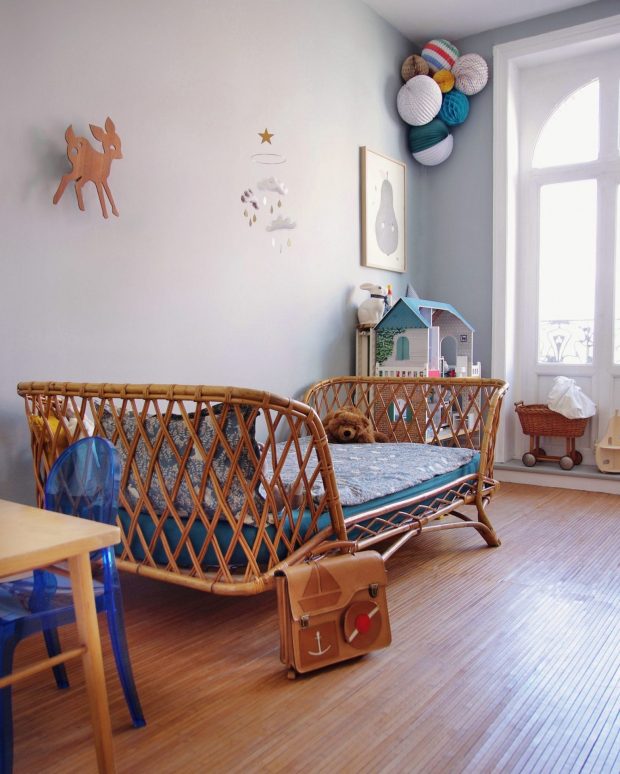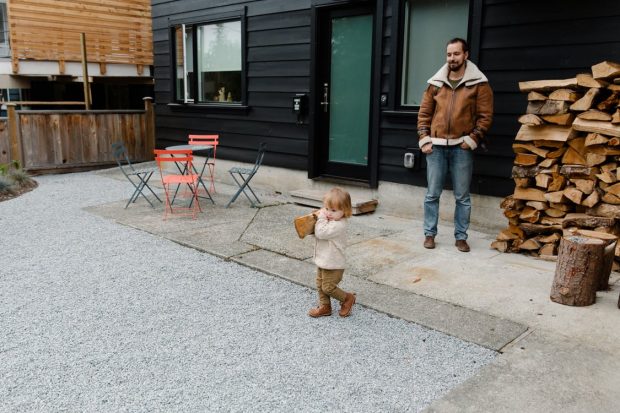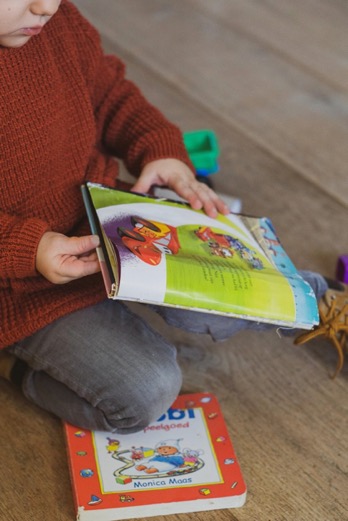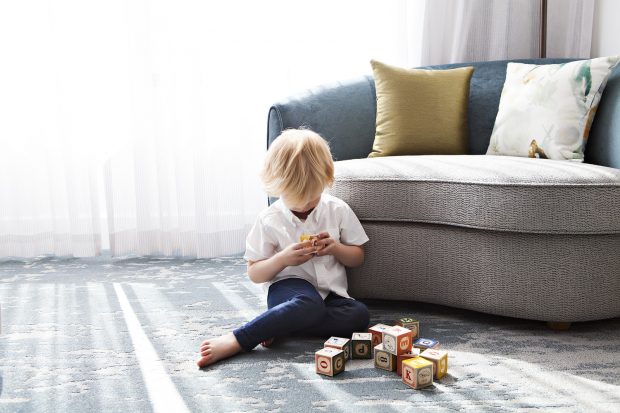From forgetting their backpack at school to leaving dirty laundry all over the floor, most children tend to make a mess, and generate a bit of chaos. However, in order to encourage responsibility and independence in your child, you need to teach them how to be more organised and stay focused on the task at hand. While it might seem like a challenging task, organisation is a learned skill that can easily be acquired with some practice and interesting daily routines. So, here are some helpful tips for teaching your child how to keep their things organised:

1. Introducing Family Schedules
Try to set regular dinner times and regular bedtimes, and do your best to stick to them every day. To encourage productivity, limit screen time to a couple of hours during the afternoon or the evening. Not only will this help your child fall into a regular routine at home, but it will also allow them to wake up and go to school fresh and well-rested.
It would also be a good idea to keep a sizable calendar of the whole family’s activities and commitments, including events both at school and at home, to allow every family member to keep track of their schedule, and avoid conflicts.

2. Establishing a Homework Routine
Your kid should have an established hour or so every afternoon that is reserved solely for doing homework and studying. Even if they don’t have any obligations on a certain day, they can still stick to this schedule by revising their notes or reading a book for pleasure.
Your child should also have a comfortable workplace where they can study every night. Whether it’s in their bedroom or at the kitchen table, the area should be quiet, without distractions, and equipped with school supplies, so your child can focus on their school tasks, and you can easily monitor their progress, while instilling positive study habits.

3. Utilizing the Help of Education
If you have a very young child that can’t quite grasp the concept of schedules and routines yet, the best idea would be to enrol them in a great learning centre where they can play and spend time with their peers, while learning through age-appropriate activities. Not only will this allow you some free time throughout the day for cleaning and organizing the entire home, but leaving your child in the hands of qualified professionals, in an education centre with set itineraries and curriculums, might also teach them how to follow a daily routine, without even realising it.
As toddlers don’t really understand the concept of time, going to a learning centre regularly will also give your child the opportunity to get accustomed to sticking to a certain schedule, teaching them promptness and punctuality along the way, and allowing them to always be on time as they grow up.

4. Organizing Your Kids’ Rooms
If your kids are quite small, the key to organising their rooms efficiently is to make it as simple as possible for them to maintain the tidiness. For example, you can put baskets in the closet for easier organisation, and utilize the free space under the bed for storing clothing and items that are out of season or not currently in use. Leave some space in the middle of the room for play, and don’t forget to find a home for toys, such as bins or containers that are conveniently placed near the play area, for easy cleanup and organisation after play.
When it comes to organizing a child’s room with triple bunk beds for kids, simplicity is essential. Labeling storage bins and baskets with pictures or words can help young children easily identify where their toys and belongings belong, making it more likely that they’ll tidy up after themselves.
If your child is older, you can even set aside a day to organize their room together. Start by decluttering and tossing out anything they’ve outgrown or don’t use anymore, and then utilize the help of drawers, shelving and containers for easy storage and organisation. It would also be a good idea to divide their room into designated zones, such as work, play and sleep, in order to boost productivity.
5. Learning How to Stay Organised
By involving younger children in the cleanup process, and making it interesting for them (such as using a timer or playing fun music) your child can easily get into the habit of organising their things on their own, and might even start cleaning up on autopilot once they reach school age. To encourage them to learn how to finish what they’ve started, introduce this rule to them when they’re as young as one, by always reading books from beginning to end or putting a toy away immediately after play.
The best way to teach an older child how to stay organised is to pinpoint one area that they already keep neat, such as hanging up their clothes or putting dishes in the sink, and then talking to them about applying that same habit to other areas of their life. Once your kid sees they already know how to be tidy, the task will seem quick and simple.
Although keeping your children’s stuff neat and tidy might seem like a challenging task at first, with a few helpful tools and fun changes in your daily routine, your child can learn how to keep things organised by themselves in a breeze.
Read More:
Top 15 strategies for raising empathic kids
5 Life skills kids need for the future
Great ideas for spending mode quality time with your kids
Five tips for throwing a kid’s birthday party adults will love

